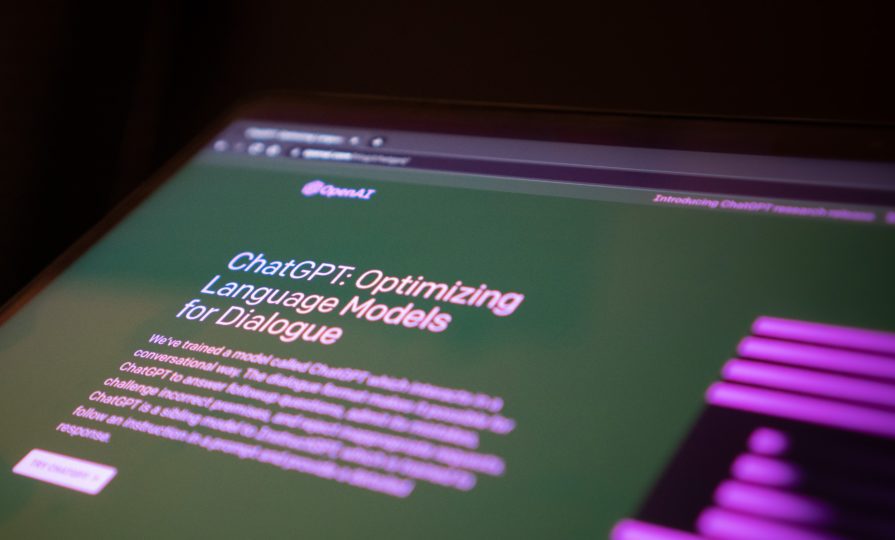
Generative AI is the latest buzzword to trend its way across the globe. Supercharged by the popularity of the ChatGPT tool released in November 2022, the world’s largest companies have all accelerated their development and adoption of AI into their products and services.You'll need to
subscribe to unlock this content. Already subscribed? Login?







